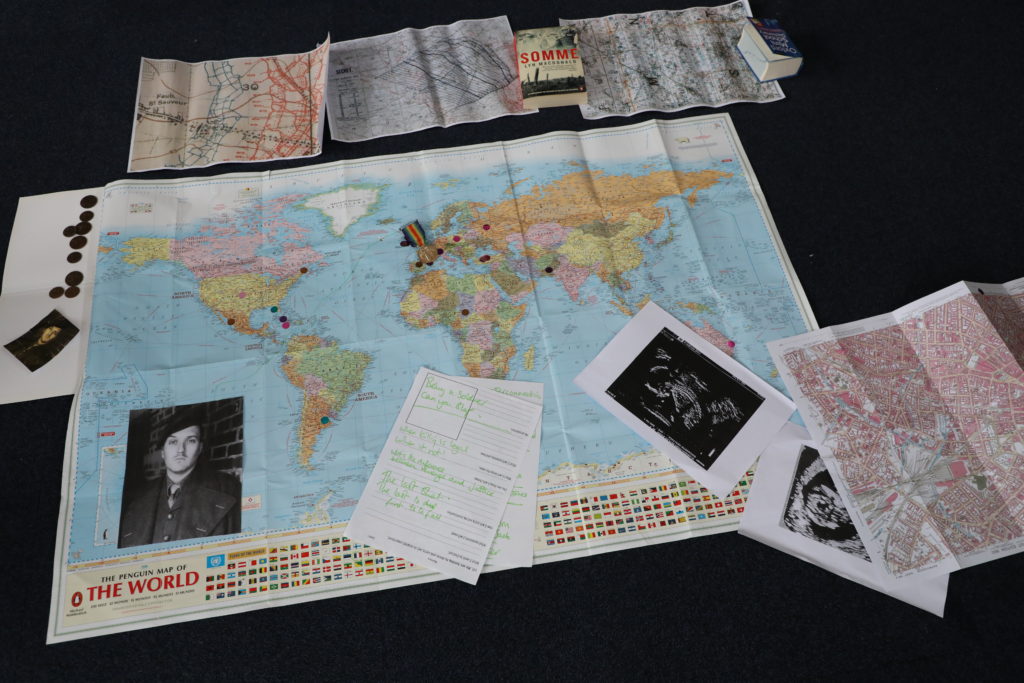Needing a boost? So many people are quite understandably feeling frustration, anger and pessimism in the middle of lockdown. This may be a welcome antidote….
Before lockdown I was privileged to take some photos for In Her Shoes. They are a dynamic and extremely talented team of women with a passion for raising up women through the medium of music.
We work with women and girls to share and celebrate our commonalities and differences through participation in music and wellbeing activities.
In Her SHOES
‘What Community Means to Me’ event brought together women who have seen the darkest of days – be it through homelessness, living in conflict zones or their experiences as refugees. They performed songs written by members of the group during a series of workshops with women linked to ASIRT, Refugee Action West Midlands, The Malachi Trust, George Dixon School, St George’s School in Ladywood, Amal Women’s Group and The Choir with No Name.
When we lift one another up and focus on glimmers of hope we create communities of care and support. More than once during lockdown I’ve thought about, and drawn on, the strength of these remarkable women.
Katy Bennett from In Her Shoes has put together this film using photos I took at the event and one of the many uplifting songs performed on the day.







































